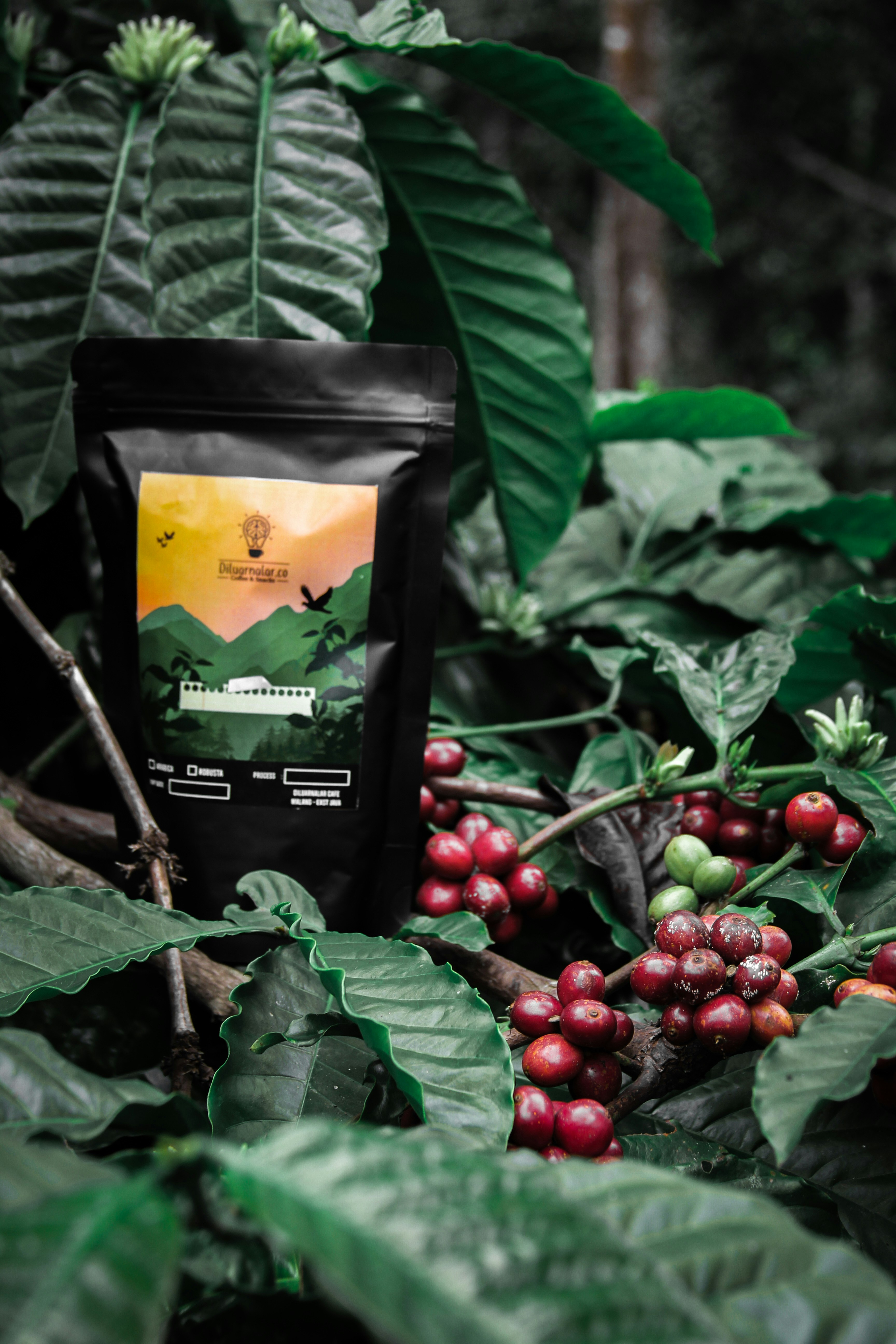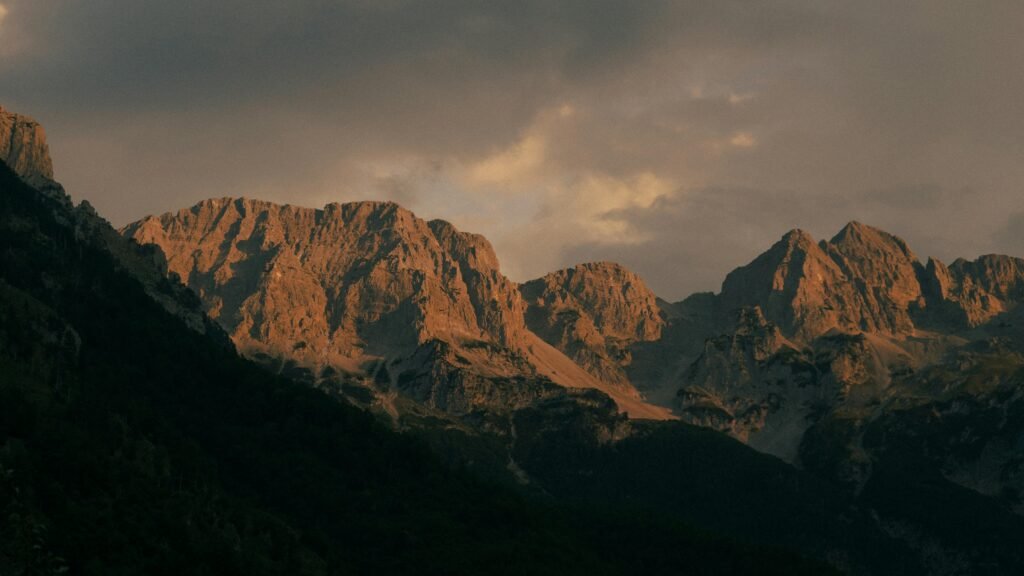Introduction to Peja
Peja, a charming town nestled in the foothills of the Rugova Mountains, is a notable destination in Kosovo that captivates visitors with its diverse cultural heritage and breathtaking natural scenery. This picturesque town is characterized by its stunning landscapes, including the dramatic mountain vistas and lush valleys that surround it, providing an inviting backdrop for outdoor enthusiasts and nature lovers alike. The Rugova Mountains, known for their rugged beauty and rich biodiversity, are not only a significant part of Peja’s geography but also play a vital role in the local culture and recreational activities. Hikers, skiers, and adventure seekers frequent the area, drawn by its numerous trails and opportunities for exploration.

In addition to its natural allure, Peja serves as a cultural hub for the region, fostering a blend of traditions and communities that contribute to its unique identity. The town is home to several historical sites, including the iconic Patriarchate of Peć, an essential Orthodox monastery that represents the spiritual heart of Kosovo. This site, alongside other cultural landmarks, tells the story of the coexistence of various ethnicities and religions that have shaped Peja’s character over the centuries. The vibrant local market, where residents gather to buy fresh produce and handmade crafts, epitomizes the town’s communal spirit and highlights the importance of traditional livelihoods in maintaining local culture.
Visitors to Peja are greeted by warm hospitality, further enhancing the appeal of this remarkable destination. The locals take pride in their artisanal coffee, which has become a symbol of social interaction and connection among residents and tourists alike. Exploring Peja offers a fascinating glimpse into the harmonious coexistence of nature and culture, making it a must-visit location for anyone traveling through Kosovo. As we embark on this journey through Peja, we will delve deeper into its rich heritage, stunning landscapes, and the welcoming nature of its people.
The Rugova Mountains: A Natural Wonder
The Rugova Mountains, a stunning natural landscape that envelops Peja, represent one of the most alluring features of this region. Known for their impressive elevation and rugged terrain, these mountains provide a plethora of outdoor activities tailored for adventure enthusiasts and nature lovers alike. Nestled within the Prokletije National Park, the Rugova Mountains are distinguished not only by their breathtaking vistas but also by their rich biodiversity.

This mountainous area is a playground for hiking enthusiasts, offering trails that accommodate both novice and experienced hikers. The numerous paths wind through enchanting forests, past tranquil streams, and lead to panoramic viewpoints that reveal the majestic peaks and valleys of the landscape. Each hiking trail presents a unique opportunity to explore the region’s flora and fauna, making it a prime destination for those interested in biodiversity. Along the way, one might encounter rare species of plants and animals, contributing to the ecological significance of the Rugova region.
In addition to hiking, the Rugova Mountains attract winter sport enthusiasts, as the area transforms into a snowy wonderland during the colder months. Skiing and snowboarding opportunities abound, with several well-maintained slopes tailored for various skill levels. The charm of skiing in such a picturesque setting enhances the overall experience, drawing athletes from near and far to enjoy the exhilarating slopes while surrounded by the majestic backdrop of the mountains.
Bird watching is yet another rewarding activity in the Rugova Mountains, where both novice and experienced birders can observe diverse avian species in their natural habitats. The unique geological features of the region, such as steep cliffs and hidden caves, create ideal nesting sites for many birds, including rare and migratory species.
Ultimately, the Rugova Mountains serve as a testament to the beauty of the natural world, providing a sanctuary for both recreation and biodiversity. The combination of breathtaking views, diverse outdoor activities, and the chance to connect with nature makes this area an essential stop for anyone exploring Peja.
Peja’s Coffee Culture
Peja, a town nestled at the foothills of the picturesque Rugova Mountains, boasts a rich and diverse coffee culture that is integral to its social fabric. The local cafés and traditional coffee houses are not merely places to enjoy a beverage; they serve as communal hubs where residents and visitors gather to share stories, ideas, and experiences. Coffee in Peja is not just a drink; it is a ritual that embodies hospitality and fosters connections among people.

A standout feature of Peja’s coffee culture is the variety of local coffee blends that reflect the region’s agricultural heritage. The coffee served here often draws from a deep-rooted tradition of brewing techniques, with many establishments emphasizing the use of high-quality, locally sourced beans. While espresso and Turkish coffee are widely consumed, the local touch is evident in the unique preparations that feature spices or accompanied by hand-crafted pastries that further enhance the experience.
The preparation methods contribute significantly to the distinct flavors that characterize Peja’s coffee. Traditional approaches involve brewing coffee using a “dzezva,” an iconic coffee pot, where water and ground coffee are combined to create an aromatic beverage that is enjoyed with friends and family. This customary method is noteworthy for its emphasis on patience and skill, underscoring the deep respect for the art of coffee making among local baristas.
Moreover, the social practices associated with coffee drinking in Peja hold a significant place in cultivating community. The act of sharing a cup of coffee is often accompanied by lively conversation and offers an opportunity for cultural exchange. Both locals and tourists partake in this ritual, reinforcing the essence of coexistence that permeates Peja. Thus, coffee culture in Peja not only highlights the town’s commitment to quality brews but also serves as a cornerstone for building friendships and fostering lively social interactions.
A Tapestry of Cultures: The Multicultural History of Peja
Peja, a town nestled in the heart of Kosovo, has a rich tapestry of cultures that have profoundly shaped its identity over the centuries. Located near the stunning Rugova Canyon and surrounded by majestic mountains, Peja has served as a crossroads for various ethnic communities, including Albanians, Serbs, Bosniaks, and others. These diverse groups have not only coexisted but have actively contributed to the town’s vibrant cultural mosaic.

The town’s history dates back to the Roman era, with archaeological evidence suggesting that Peja was a significant settlement. Over the years, it has experienced the influences of the Byzantine and Ottoman Empires. During the Ottoman period, Peja thrived as a cultural and administrative center. The legacy of this Ottoman heritage is evident in the town’s architecture, such as the iconic Bajrakli Mosque and the nearby monasteries that reflect an intertwined spiritual legacy. These landmarks symbolize the harmony that has historically characterized the relationships between different communities in the area.
Throughout the 20th century, Peja experienced significant historical milestones, including the impact of World War II and the Yugoslav Wars during the 1990s. These events, while challenging, did not extinguish the spirit of coexistence in Peja. Today, the town is a testament to resilience, demonstrating how various groups can come together to preserve their shared history. Festivals and local events often highlight this multiculturalism, showcasing traditional music, dance, and culinary delights from each of the ethnic communities.
Contemporary Peja embodies a successful blend of traditions and modernity. The various cultures continue to play a vital role in the town’s identity, promoting mutual respect and understanding among the residents. As visitors explore Peja, they are welcomed not just to witness its natural beauty but also to experience the ongoing narrative of unity amid diversity, which remains at the heart of this captivating town.
Local Cuisine: A Flavorful Experience
The local cuisine in Peja is a remarkable reflection of the town’s cultural diversity and the amalgamation of various culinary traditions. Dominated by hearty flavors and fresh ingredients, the gastronomy of Peja offers a wide array of traditional dishes that appeal to both locals and visitors alike. At the heart of Peja’s culinary experience is its emphasis on fresh produce, locally-sourced meats, and the use of traditional cooking methods that have been passed down through generations.
One cannot talk about Peja’s cuisine without mentioning its staple dish, flija. This multi-layered pancake-like creation is made with a simple mixture of flour, water, and salt, often accompanied by dairy products such as yogurt or cheese, making it a rich and satisfying meal. Another popular choice is the dashing tavë kosi, a delicious baked dish that combines tender lamb or beef with yogurt, creating a comforting blend of flavors. The local bakeries are also worth visiting, where freshly baked bread and pastry options are ubiquitous, inviting patrons to immerse themselves in the local culinary culture.
To fully experience the flavors of Peja, one should not miss the various food markets scattered throughout the town. These bustling markets offer an impressive selection of regional products, from aromatic herbs and spices to handmade cheeses and cured meats. The vibrant social scene allows visitors to mingle with local vendors who are enthusiastic about sharing their culinary knowledge. Restaurants such as Restaurant Gjakova and Restaurant Taverna are renowned for their authentic dishes, ensuring that guests savor the true essence of Peja’s culinary heritage.
Ultimately, exploring the local cuisine of Peja is more than just indulging in delicious food; it is an invitation to engage with the rich history and cultural identity of the town. Through its traditional dishes and vibrant markets, Peja presents a flavorful journey that tantalizes the taste buds and leaves lasting memories.
Warm Local Encounters: The People of Peja
Peja, a picturesque town nestled in the Rugova Valley, is not only renowned for its stunning landscapes but also for the warmth and hospitality of its residents. Visitors to Peja often find themselves enveloped in a community spirit that invites authentic connections and cultural exchanges. The people of Peja, known for their friendly demeanor, make it a point to welcome all who arrive, ensuring that every visitor feels at home.
One can often witness this welcoming atmosphere in the local cafés and markets. For instance, a traveler might find themselves sharing a cup of traditional coffee with a local elder, who will recount stories about the town’s rich history and its evolution over time. This genuine engagement not only enriches the visit but also fosters an appreciation for the local culture. Many stories shared by locals highlight how their way of life has been shaped by the stunning mountainous backdrop and the region’s historical events.
Additionally, numerous community-driven events take place throughout the year, offering visitors a chance to participate and experience local traditions firsthand. Festivals featuring folk music, dance, and cuisine showcase the vibrant culture of Peja and allow visitors to mingle with the townsfolk. These interactions often lead to lasting friendships, where the warmth of the people reinforces the bond between residents and visitors.
In exploring Peja, one will encounter not only breathtaking landscapes, but also the genuine kindness of its inhabitants. Their stories and daily life reflect a community that thrives on coexistence, making every visit memorable. The warmth of Peja’s people is indeed a profound aspect of the town, ensuring that anyone who ventures here will leave with not just memories of stunning views, but also of heartwarming encounters.
Celebrations and Festivities in Peja
Peja, a charming town located in the western part of Kosovo, is renowned for its rich cultural tapestry and vibrant traditions. The town’s unique festivals and celebrations serve as a testament to its diverse populace and heritage, showcasing the interplay of various ethnic groups through music, dance, and traditional customs. Throughout the year, Peja hosts a range of events that highlight local traditions, each exhibiting the community’s shared values and history.
One of the most noteworthy celebrations is the traditional feast of Bajram, marking the end of Ramadan. This significant event brings communities together with festive meals, prayers, and a spirit of goodwill. Locals prepare traditional dishes such as baklava and pilaf, inviting friends and families to partake in the joyous atmosphere. This festival not only emphasizes the importance of culinary heritage but also reinforces social bonds within the community as people extend their hospitality to one another.
In addition to religious festivities, Peja also celebrates cultural events such as the Peja Cultural Festival. This annual gathering showcases local music, traditional dances, and artisanal crafts. Residents and visitors alike revel in performances from local musicians, dancers, and actors who reflect the diverse influences that shape the town’s cultural identity. The festival encapsulates the essence of coexistence, illustrating how various traditions can harmoniously blend and evolve over time.
Moreover, the winter season brings a series of holiday celebrations, where local customs are visible in the decoration of homes and public spaces. Markets brim with handmade ornaments and seasonal foods, fostering a vibrant community spirit. Through these various celebrations, Peja not only honors its own heritage but also emphasizes the significance of unity and pride among its diverse populations, making each festival a significant occasion for all its residents.
Exploring Historical Sites in Peja
Peja, a town nestled in the western part of Kosovo, is renowned for its rich historical tapestry woven through centuries of cultural evolution. One of the most significant historical sites in Peja is the Patriarchate of Peć, a medieval Serbian monastery that forms part of the UNESCO World Heritage list. Established in the 13th century, this remarkable complex showcases stunning architectural features, including intricate frescoes and unique stone carvings, which reflect the spiritual and artistic achievements of its time. The monastery served as the spiritual heart of the Serbian Orthodox Church, making it an essential site for understanding both religious and historical narratives in the region.
Additionally, the Bajrakli Mosque, a prominent Ottoman-era structure located in the heart of Peja, stands as a testament to the Islamic influence in the area. Built in the 15th century, this mosque features elegant arches and a graceful minaret, symbolizing the architectural heritage of the Ottoman Empire. Its location amidst bustling markets and contemporary shops highlights the city’s blend of the old and the new, showcasing the town’s dynamic coexistence between various cultures over the years.
Another notable monument is the Heroic Cemetery, which honors the local heroes who fought for Kosovo’s liberation. This site serves not only as a pivotal historical marker but also a place of reflection, representing the town’s resilience and the deep roots of its cultural identity. These historical sites in Peja, each rich with stories of past civilizations, provide visitors with an opportunity to engage with the layers of history that define this vibrant community.
Through the exploration of these significant landmarks, one gains insight into the intricate historical narrative of Peja, illustrating the enduring legacies of religious, cultural, and social exchanges that have shaped the region over centuries.
Conclusion: The Allure of Peja
Peja, a charming town nestled in the heart of Kosovo, captivates visitors with its unique combination of striking natural landscapes, rich cultural heritage, and a profound sense of coexistence among its inhabitants. The breathtaking views of the surrounding mountains provide an enchanting backdrop for exploration, inviting adventurers and nature enthusiasts alike to immerse themselves in its beauty. This picturesque setting not only serves as a visual feast but also as a sanctuary for outdoor activities such as hiking, skiing, and mountain biking, making it an ideal destination throughout the year.
Additionally, Peja is steeped in cultural significance. The town boasts a range of historical landmarks, including the stunning Patriarchate of Peja, which stands as a testament to the region’s tumultuous past and its enduring spiritual legacy. The local markets, filled with artisanal crafts, traditional foods, and inviting coffee shops, reflect the vibrant spirit of the community, enabling visitors to savor the authentic flavors of Kosovo. Here, coffee is not just a drink; it embodies the hospitality and warmth of the local people, making every visit a personal experience.
The essence of Peja lies in its remarkable ability to blend history, nature, and community. The spirit of coexistence prevalent in the town serves as a reminder of the resilience and unity that can flourish amidst diversity. This harmonious atmosphere not only enriches the experience of every visitor but also fosters a profound appreciation for the town’s uniqueness.
In light of its captivating allure, Peja emerges as a compelling destination for travelers seeking authentic experiences that celebrate both the natural world and cultural richness. Visiting Peja promises not just a journey through scenic landscapes but also a chance to connect with its stories and people. Therefore, consider planning your next adventure to this enchanting town, where every corner reveals a new facet of beauty and history.



